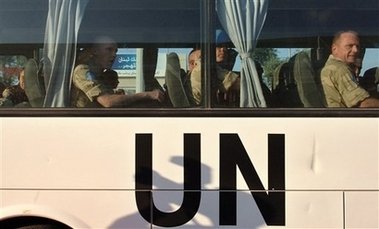
Belgian U.N. peacekeepers ….note nice little curtains on the windows. Sorry but PLEAZZZZEEEE!
Peacekeeping forces in Lebanon face terror threat
Kuwait Times
UN troops sent to keep the peace in southern Lebanon are taking strong defensive measures against possible suicide attacks – including setting up checkpoints and remote bases – after Al-Qaeda warned they are considered enemies of Islam.
“For us, the protection of the force is the top priority because it could be a target for an attack by Al-Qaeda or another group,” French Col. Olivier de Cevins said recently at his temporary headquarters near this Lebanese town, about 20 km from the Israeli border.
France, which is leading the expanded UN force, pulled out of a peacekeeping mission in Lebanon after a suicide truck bombing in Beirut in October 1983 killed 58 French soldiers.
On the same day, 241 US servicemen also died in a similar attack. This time around, the French are taking no chances. They have picked a remote site for one of their main bases in Baraachit, on a high plateau at an altitude of more than 800 m.
UN troops face a difficult mission to prevent a return to hostilities between Israel and Hezbollah and help the Lebanese army re-establish control over the militant group’s long-time stronghold in southern Lebanon. Yet despite tensions as Hezbollah faces restrictions on its arms shipments, many of the European peacekeepers do not see it as the primary threat.
“I am more concerned about a group that is foreign to the Lebanese, such as Al-Qaeda, than about Hezbollah,” the head of the Spanish military contingent, Col. Luis Melendez, said in an interview last week with the Spanish daily El Pais.
In a video message released on the eve of the fifth anniversary of the Sept. 11 attacks, Al-Qaeda’s No. 2, Ayman Al-Zawahiri, condemned the presence of UN peacekeepers in Lebanon “who are hostile to Islam.”
He also singled out the “French crusaders,” announcing a “blessed union” with an Algerian insurgent group to target France. Lebanon’s acting Interior Minister Ahmed Fatfat, who warned in recent months that Al-Qaeda was attempting to establish itself in Lebanon, told AP that Al-Zawahiri was “trying to profit” from the current instability.
“There is always a risk. We are in a difficult part of the world. That is why we are working together to manage the problem and defend the UN forces,” he said.
Although Al-Qaeda has rarely carried out attacks in Lebanon, it is believed to have sympathisers among extremist factions in Palestinian refugee camps. In December, Al-Qaeda in Iraq claimed responsibility for a rocket attack into northern Israel apparently carried out by a radical Palestinian group, and Fatfat said Lebanese authorities had broken up four Al-Qaeda cells this year.
The biggest bust happened in January when police arrested 13 people believed linked to Al-Qaeda – seven Syrians, three Lebanese, one Saudi, a Jordanian and one Palestinian – on suspicion of planning terror attacks. But Lebanese authorities are reluctant to intervene inside the largest Palestinian refugee camp, Ein El-Hilweh, in the south, where Asbat Al-Ansar, an Al-Qaeda affiliate, is believed to have people.
The 15,000 foreign troops who will be deployed in a 30-km-wide strip of territory on Lebanon’s southern border with Israel represent a potentially soft target. At the entrance to an access road leading toward the camp housing Spain’s 500-strong contingent in Taibe, five Spanish marines with automatic weapons backed up by an armoured personnel carrier stood guard watchfully on one recent day. At a second checkpoint about 500 m away, soldiers gestured urgently for a vehicle to slow down. After radioing headquarters and a 15-minute wait, they took down ID details and the vehicle registration, and allowed the car to proceed with an escort inside. But the UN troops don’t want to be seen as occupying forces, so some Spanish troops carry out patrols on foot wearing no body armour or helmets.
The French rear base near Deir Kifa that will house off-duty soldiers lies just off a public road. But French military officials say they don’t want to set up checkpoints on the road because that would alienate local people. Rohan Gunaratna, a leading terrorism expert at Singapore’s Institute of Defence and Strategic Studies, said the UN force faces a significant terror risk.
“I think that the peacekeeping forces must be prepared to suffer casualties. It is the most challenging peacekeeping mission that the international community has embarked on for a long time,” he told the AP by telephone from Singapore.
On the other hand, the Shiite Muslim Hezbollah, which was blamed for the 1983 suicide attacks, may not welcome any Sunni Muslim Al-Qaeda incursion into its stronghold. But Gunaratna said it’s not inconceivable that Hezbollah’s patrons – Syria and Iran – might allow terror strikes by Sunni radicals to pressure the contributing nations to withdraw their peacekeeping soldiers. De Cevins, the French officer, said all possible measures will be taken to minimise risks – in particular, troops will be dispersed rather than housed in a single building as was the case with the Beirut barracks targeted in 1983.
“You will never 100 per cent avoid an attack. But we expect that we wouldn’t suffer such big losses if one did happen,” he said.

Wild Thing’s comment…….
Anyone with half a brain knows that terrorists trying to kill Israelis will not be prevented by UN staff with no authority to kill terrorists. Olmert ( maybe with half a brain to go for this BS ) is an idiot for bowing to this arrangement. I hope Israelis dump him.
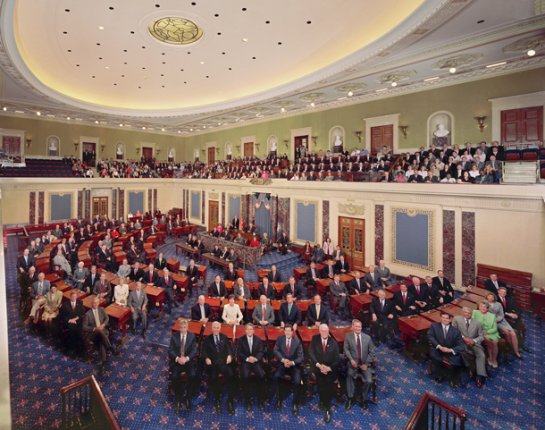

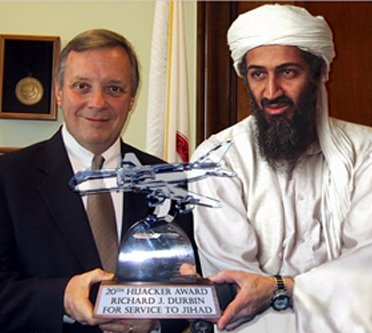
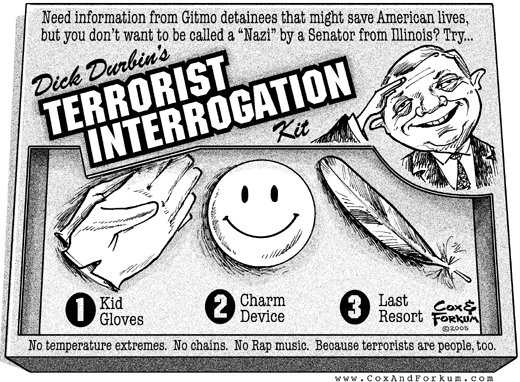
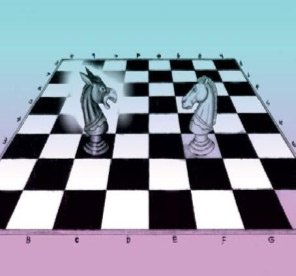








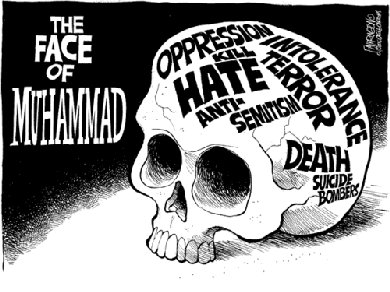
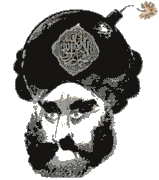
Recent Comments